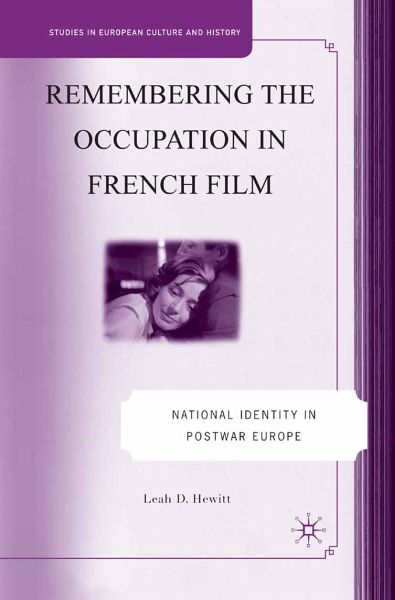
Remembering the Occupation in French film (eBook, PDF)
National Identity in Postwar Europe
Versandkostenfrei!
Sofort per Download lieferbar
80,95 €
inkl. MwSt.
Weitere Ausgaben:

PAYBACK Punkte
40 °P sammeln!
When collective memory is a source of national debate, the public representation of history quickly becomes a locus of controversy and ideological struggle. This work shows how French film has allowed for a public airing of current concerns through the lens of memory's recreations of the Occupation.
Dieser Download kann aus rechtlichen Gründen nur mit Rechnungsadresse in A, B, BG, CY, CZ, D, DK, EW, E, FIN, F, GR, HR, H, IRL, I, LT, L, LR, M, NL, PL, P, R, S, SLO, SK ausgeliefert werden.












